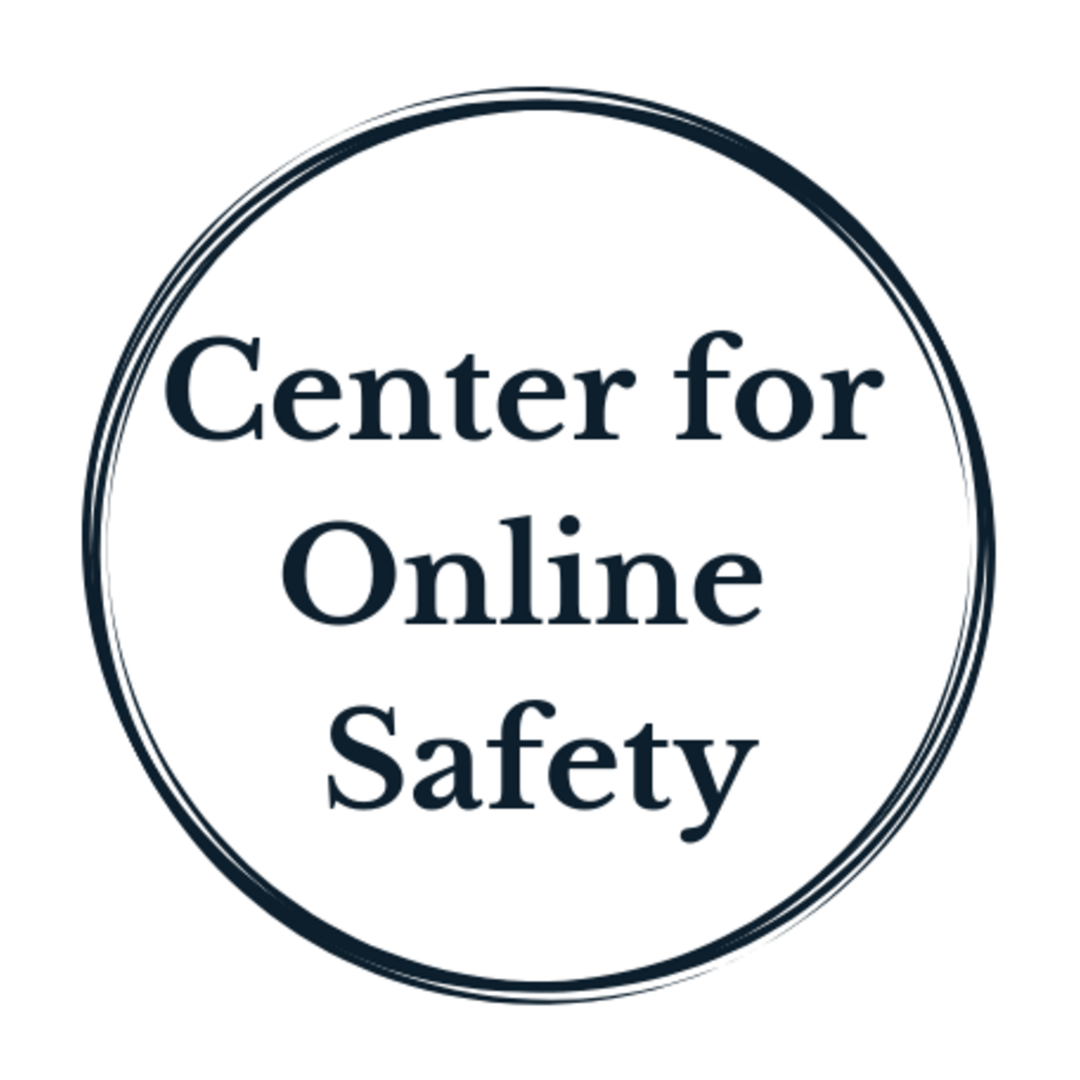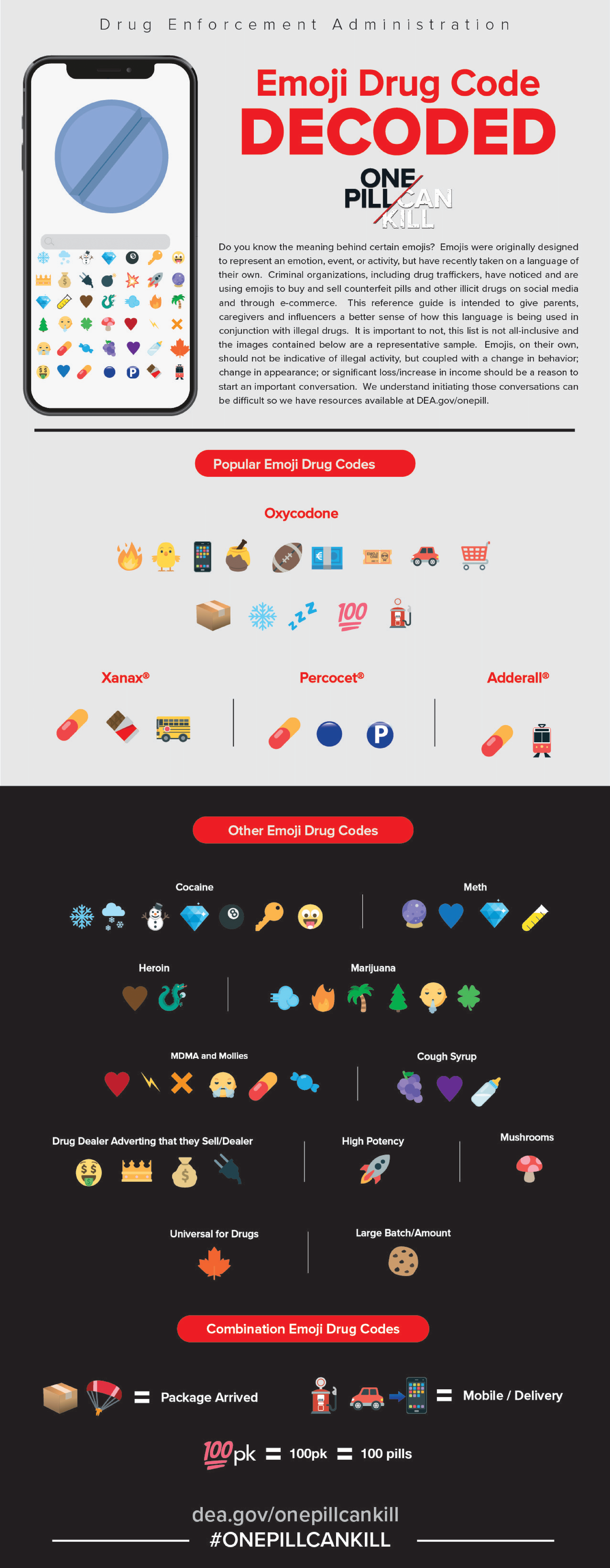Your Guide to Emojis that are Symbols for 💎 Drugs 💎 Online
The Drug Enforcement Administration recently released their Emoji Drug Code Guide to help people understand how emojis can be used to buy and sell drugs online - both prescription drugs and street drugs.
What parents need to know
You probably know that emojis can be used to express emotion and add humor to a text or post.
You may also be aware that certain emojis are more R-rated. They have additional flirtatious or sexual meanings, such as the eggplant 🍆 (penis) or the peach 🍑 (buttocks) emoji.
As parents, there is another category of emoji you should be aware of: the emojis commonly used for drugs.
How will you find these emojis?
You may see these emojis in your child or teen’s text messages, DM’s (direct messages) on social media or even social media posts. Drug dealers sometimes are brazen enough to add an emoji to their profile name.
If you’re using a monitoring app like Bark, you’ll get parental alerts with a short excerpt of the message so you can see a bit of context. Context really helps you decide if the emoji usage was innocent or could mean your child is using it to symbolize drugs.
What can you do about these emojis?
Be aware of the emojis with multiple meanings.
Look at the context for how your child is using them.
Look for changes in your child. Changes in behavior or attitude. Falling grades. Friend group changing. Money changes - either more or less money suddenly.
Talk with your child. (Not “lecture them”.) Talk with them. Listen more than you speak. Ask questions and pause.
Conversation starter
“I know emojis can mean several things and I wanted to check in with you because I saw a mushroom emoji on your Instagram feed. What does that emoji mean to you?”
or
“I was watching the news and saw the DEA released a list of emojis that could signal drugs and I wanted to ask you about it. Is this something you’re seeing on Snapchat? What would you do if your friend added one of these emojis to their profile name?”
Information is power
Parents, it’s okay to not know everything about this and still start talking with your kids. Your goal is to keep a door open and start hard conversations, while showing your child you won’t freak out about their answers. Whatever they say, stay calm. (You can freak out alone, with other adults.)

